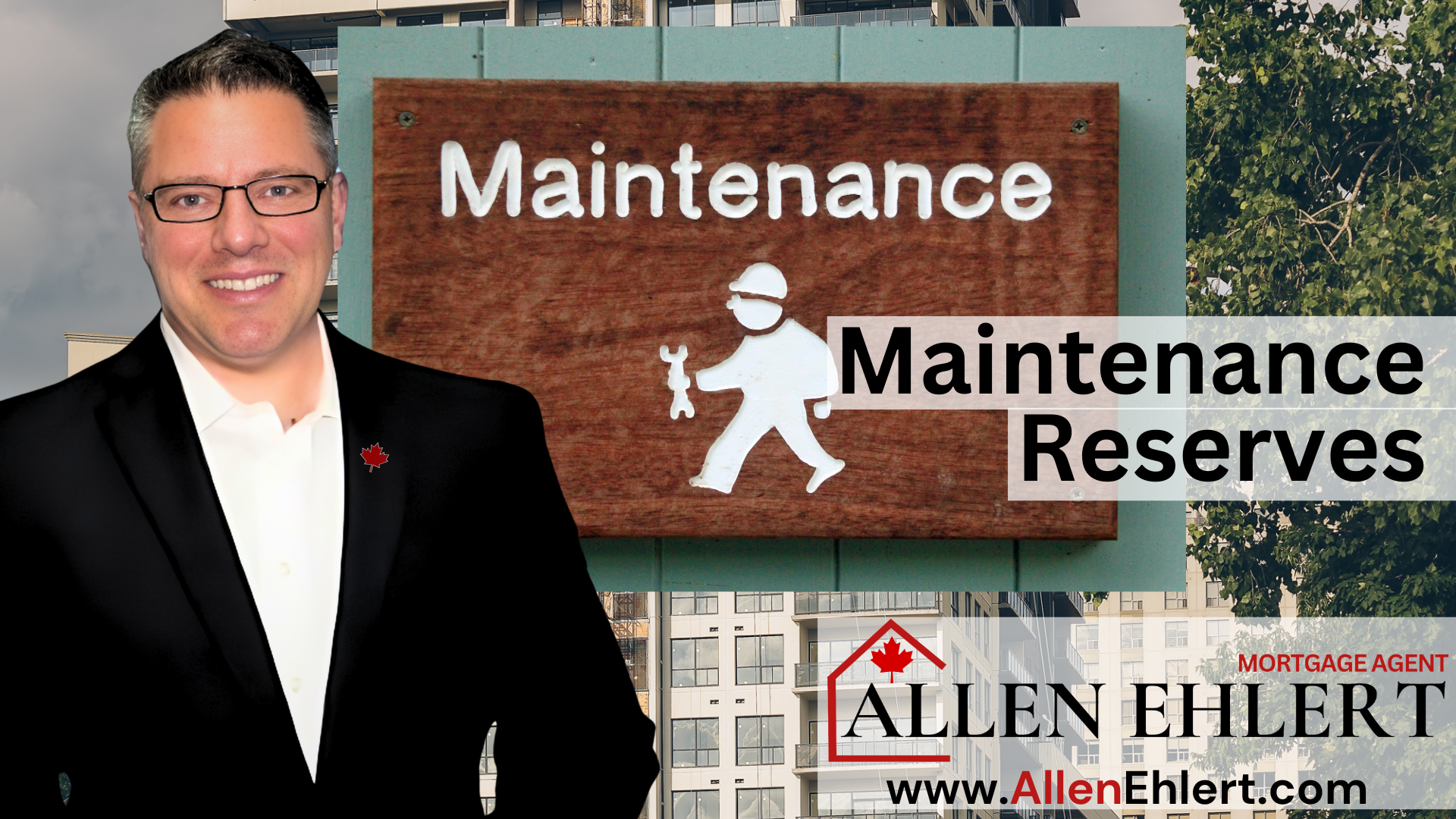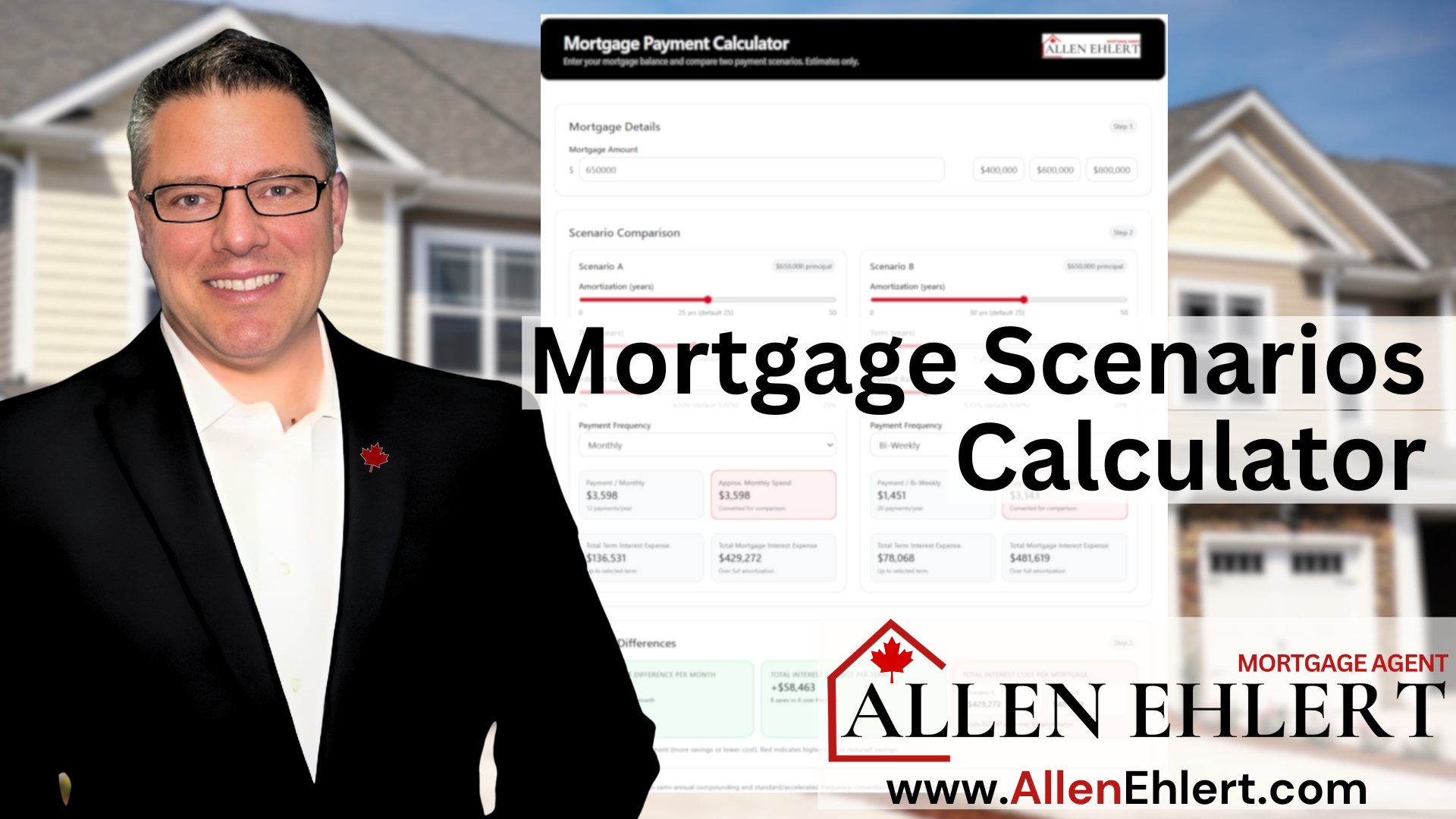… Why Does Your Lender Care So Much?
If you’ve ever tried to use rental income — from a basement apartment, duplex, or investment property — to help you qualify for a mortgage, you’ve probably heard the term “Fair Market Rent.” It sounds official because it is. But it’s also one of those terms that can catch people off guard if they’re not properly prepared.
Here’s the thing: it doesn’t matter what your cousin’s friend says they’re getting for their rental. It doesn’t even matter what you think you can get. What matters is what the market says that space is reasonably worth in rent — right now.
Lenders use fair market rent to help determine how much of your projected rental income they’ll accept when calculating your mortgage approval. And that number can make or break your financing.
In this article, I’m going to walk you through how fair market rent works, what lenders expect, and how to avoid the common mistakes people make when trying to use rental income to qualify for a mortgage.
Here’s what I’ll cover:
What Lenders Look for When Using Rental Income
Documentation You’ll Need to Prove Rental Income
What the Mortgage Can Be Used For
Amortization Options: How Long You Can Stretch the Payments
How I Can Help: Making Sure the Numbers Work for You
What Is Fair Market Rent?
Fair Market Rent (FMR) is simply what your rental unit — whether it’s a basement apartment, duplex, or full rental property — could reasonably earn on the open market. It’s based on comparable rentals in the same area, similar in size, condition, and amenities.
Think of it this way: it’s the rent you’d likely collect if you posted the place on the market today and a reasonable tenant agreed to pay it — not inflated numbers, not wishful thinking.
Lenders want to see fair market rent because it gives them a clear, objective sense of how much income is actually supporting your mortgage payments.
What Lenders Look for When Using Rental Income
Lenders love predictable income — and rent can be part of that. But they’re cautious. They won’t just take your word for it. Here’s what they need to feel comfortable using rental income to help you qualify:
- Is the rental legal or conforming? Lenders prefer legal secondary suites. Some will accept “in-law” suites, but rules vary.
- Is there a lease in place? If the unit is currently rented, they’ll want a copy of the lease.
- If it’s vacant, what’s the market rent? That’s where an appraisal or market rent analysis comes in.
They’ll typically use a portion of the rental income (50%-80%, depending on the lender) in your debt service ratios to account for vacancies, repairs, and other costs.
Documentation You’ll Need to Prove Rental Income
Here’s the paperwork lenders look for:
- Lease agreements (if the unit is already rented)
- Market rent appraisal (if it’s vacant or newly created) (I can help with this)
- Rental schedules from appraisers (Form 1004) (I can help with this)
- T1 General tax returns (if you’ve claimed rental income in previous years)
- NOAs showing rental income
If you’re buying, lenders might also ask for MLS comparables or other documentation to verify the projected rent makes sense, but Market Rent Appraisal is the go to assessment.
What the Mortgage Can Be Used For
Using fair market rent helps you qualify for mortgages on:
- Primary residences with basement apartments or secondary suites
- Rental properties (single-family or multi-unit)
- Second homes, depending on how the income is structured
You can use this income to:
- Buy new properties
- Refinance to access equity
- Renew with a better lender who factors rental income favorably
Property Types That Qualify
The type of property matters to lenders when rental income is involved. Generally accepted:
- Legal duplexes, triplexes, fourplexes
- Single-family homes with legal basement apartments
- Condos with rental potential (with condo board approval)
- Multi-unit residential (depending on lender guidelines)
Properties that are illegal or non-conforming often get more scrutiny or are excluded entirely by some lenders.
Amortization Options: How Long You Can Stretch the Payments
Rental properties often qualify for:
- 25-year amortization if the down payment is less than 20%
- 30-year amortization with 20% down or more
- 30+year amortization via Alternative lenders
Longer amortization helps keep payments lower, which improves your cash flow — but remember, it also means paying more interest over time.
Real-World Example
Meet Kevin — Basement Apartment Buyer
Kevin’s buying a home in Ajax with a legal basement apartment. He tells the lender he’s going to rent it out for $2,200/month. The lender says: “Great, show us proof.”
- No lease yet.
- I order a market rent appraisal.
- The appraiser says similar units rent for $2,000.
Lender uses $2,000 at 50% (some use 80%) for qualifying. Kevin’s ratios work, mortgage approved.
Had Kevin assumed he could use his $2,200 guess, he might have been disappointed. Knowing this upfront saved time and stress.
How I Can Help: Making Sure the Numbers Work for You
Rental income can make or break your mortgage approval, especially in today’s tighter lending environment. I help by:
- Confirming which lenders accept rental income (some are more generous than others)
- Ordering trusted appraisals to establish fair market rent upfront
- Structuring your application so rental income helps, not hinders
- Explaining how much of the rent will actually count toward your mortgage qualification
You don’t want surprises halfway through the mortgage process. Let’s get it right from the start.
Allen’s Final Thoughts
Fair market rent is about what’s real and reasonable — not what you hope to get. Whether you’re buying your first home with a basement suite, investing in rentals, or refinancing, understanding how lenders view rental income is key to getting approved without headaches.
If you’re a realtor helping clients with income properties or a buyer trying to make the numbers work, I’m here to help you navigate it all — from the first question to the final approval.
Your mortgage shouldn’t be a guessing game. Let’s get the numbers straight — and get you into the home or investment you want.
Reach out when you’re ready. I’m always happy to help.












